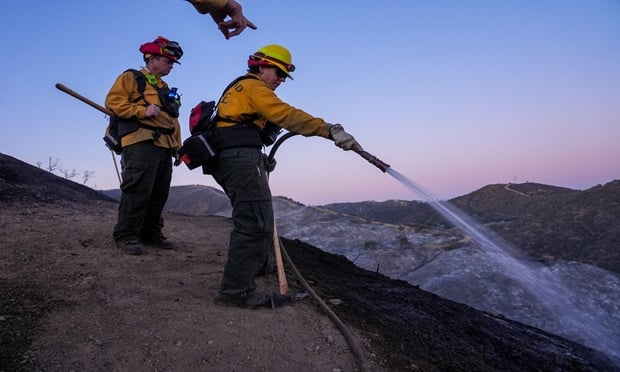MONTE CARLO--With the Deepwater Horizon disaster still looming over the industry, insurers must be able to better deal with losses and damages arising from offshore drilling operations, Munich Re said in a press conference here.
The reinsurer said its new concept for insuring offshore oil drilling has the potential to create coverage of about $10 billion to $20 billion per drilling operation in the international insurance market.
With the increasing scarcity of fossil fuels and growing demand for energy, exploratory drilling, now deep below the earth's surface and often far below sea level, has become more risky, Munich Re board member Torsten Jeworrek said.
He explained that drilling is becoming more complex, and remedying the damage is not something that can be done quickly.
"This is an unsatisfactory situation," he said. "There is large loss and insufficient insurance to deal with the losses."
Although drilling technology is already highly advanced, and most oil producing countries have very strict safety regulations, he noted there is potential for catastrophes that can threaten a company's existence.
He explained that operators, which are generally drilling joint ventures, may be held liable for death or injury, property damage, environmental impairment, and financial losses in the event of an accidental occurrence. Currently, he said, there is no separate cover for drilling operations, which are insured under the individual liability policies of the companies concerned.
As a rule, coverage is available subject to a limit of $1 billion to $1.5 billion on the international insurance market. With Munich Re's new concept, he said, each individual drilling operation would be covered by a policy specifically developed for that risk.
As a result, he said it should be possible to increase liability limits to between $10 billion and $20 billion per drilling operation.
Mr. Jeworrek added he is convinced there would be demand for this type of coverage.
"If coverages are available, companies will buy them because inability to pay high compensation claims can lead to insolvency, and mere speculation about such an eventuality can hit their share price."
Substantial capacity can be offered only if a very large number of drilling operations are insured, since it will not be possible to provide the necessary capacity at affordable prices unless sufficient wells are insured. He said this could be achieved either through a voluntary commitment on the part of the oil companies or by introducing some form of compulsory insurance in the licensing procedure.
Based on the U.S. Oil Pollution Act, coverage would largely relate to cleanup and removal costs, impairment of natural resources and property damage, as well as loss of earnings in sectors such as fishing or tourism, Mr. Jeworrek added.
He also said Munich Re considers the tightening of safety standards crucial to the concept. To ensure such standards are met, he suggested that companies independent of the operators and possessing the requisite expertise--such as specialist engineering consultants--would need to monitor and oversee risk management from the start of a drilling project to its completion.
Want to continue reading?
Become a Free PropertyCasualty360 Digital Reader
Your access to unlimited PropertyCasualty360 content isn’t changing.
Once you are an ALM digital member, you’ll receive:
- Breaking insurance news and analysis, on-site and via our newsletters and custom alerts
- Weekly Insurance Speak podcast featuring exclusive interviews with industry leaders
- Educational webcasts, white papers, and ebooks from industry thought leaders
- Critical converage of the employee benefits and financial advisory markets on our other ALM sites, BenefitsPRO and ThinkAdvisor
Already have an account? Sign In Now
© 2025 ALM Global, LLC, All Rights Reserved. Request academic re-use from www.copyright.com. All other uses, submit a request to [email protected]. For more information visit Asset & Logo Licensing.








